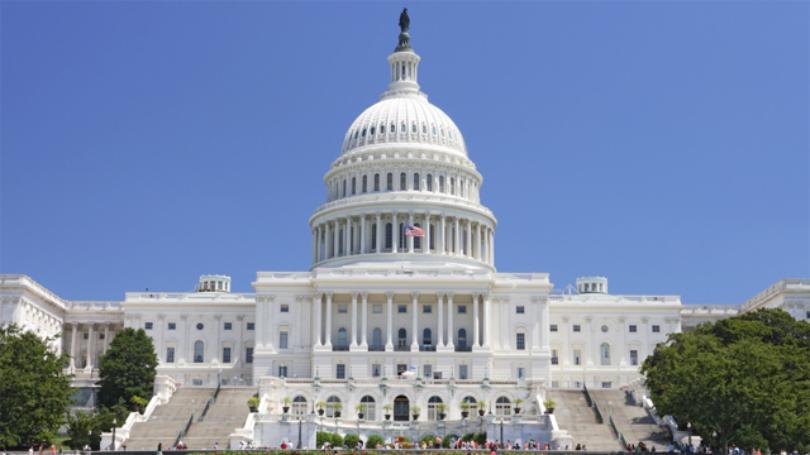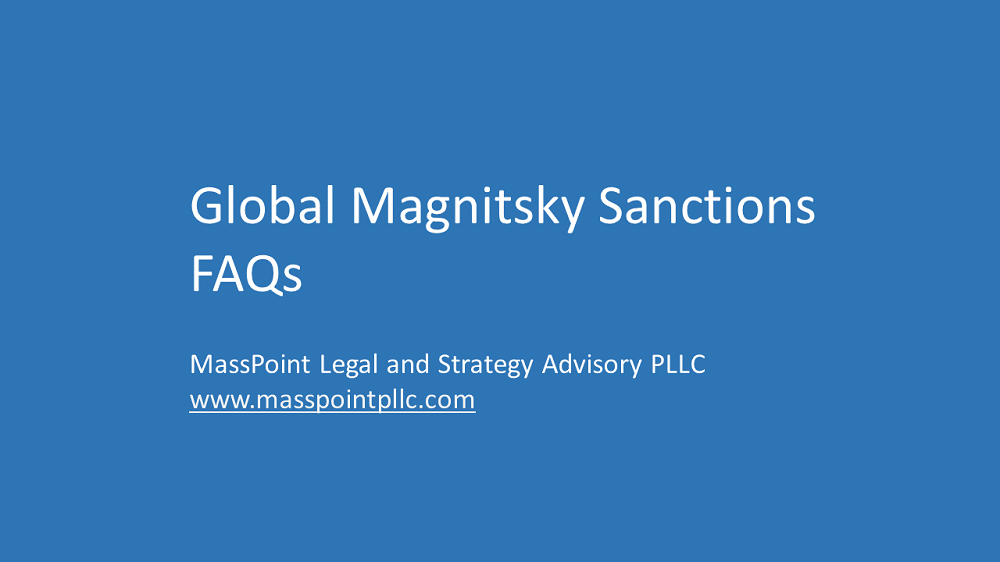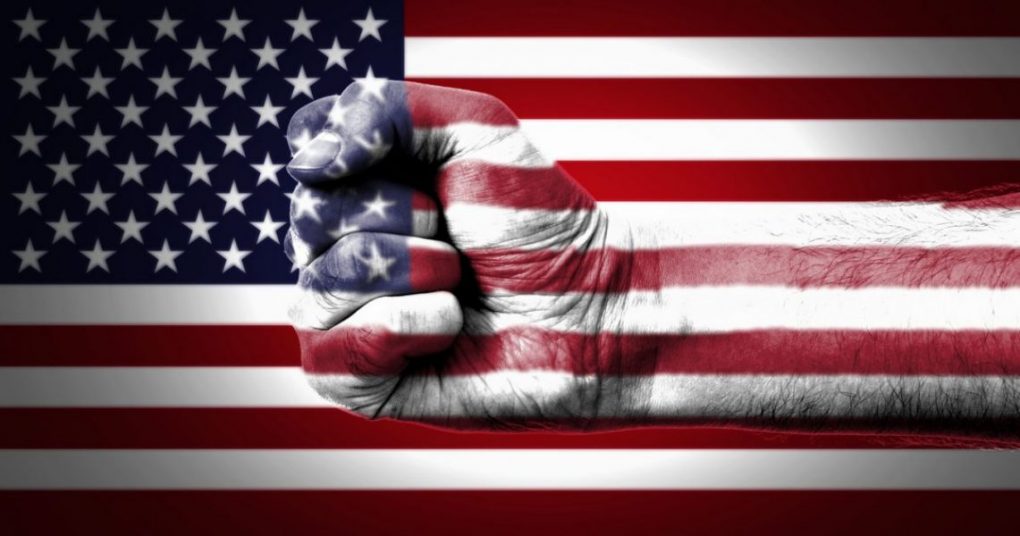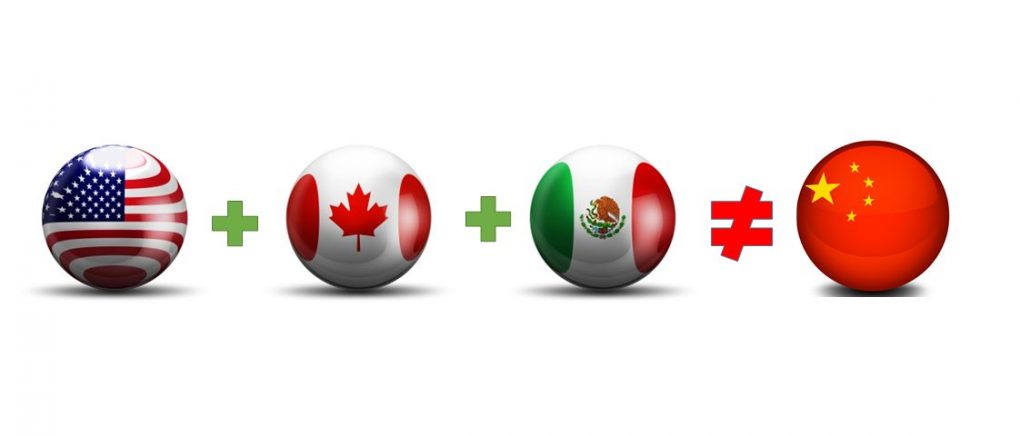Sovereign Wealth Funds: Governance & Risk for SWFs and Companies They Fund
Private companies that receive SWF and SOE investment, as well as the investors who arrange or co-invest with state-linked firms, should, when screening investments and assessing nonfinancial risk before and after the point of investment (and when additional investment is under consideration), the quality and risk inherent in the corporate structure and governance, as well as the business conduct controls of SWFs and SOEs, may affect them in the near- to longer term. In doing so, they should take a lesson from the PIF situation, post-Khashoggi.








